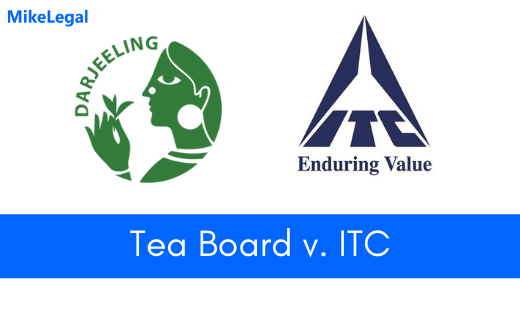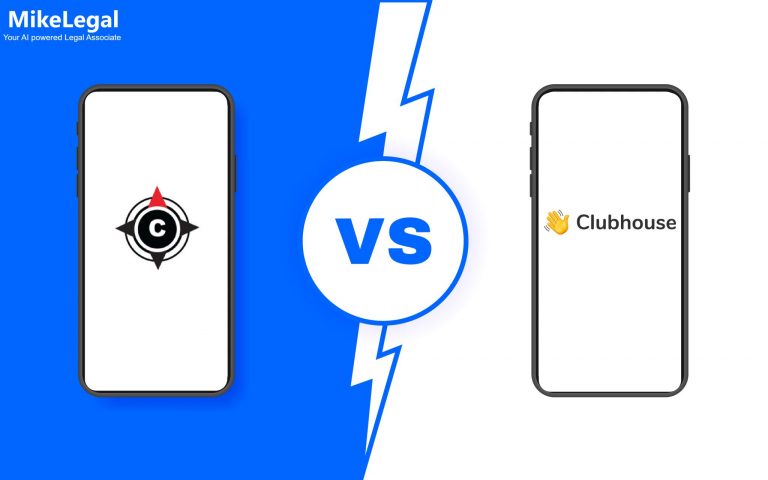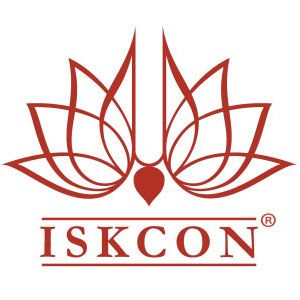Tea Board v. ITC
Mangoes of Ratnagiri, Oranges from Nagpur and Litchis of Bihar, all have an element of having a certain quality attached to them based on the region emanate from. The geographical origin of the product in such cases is seen as an assurance of certain quality standard or a feature unique to the place. For example, guavas of Allahabad and surrounding region are known for contain pink pulp instead of white. The fact that these guavas emanate from Allahabad becomes vital to their identification in the market. They are preferred by consumers and also usually have a higher markup than its contemporaries.
The same is true for Darjeeling Tea. Tea emanating from the garden of Darjeeling, West Bengal has consumers from all over the world. Regarded as amongst the best, this commodity is costlier than its contemporaries in the tea market. As of 2004, Darjeeling tea is a registered geographical indicator and the Tea Board of India, a govt. of India entity to regulate the quality standards of tea has a certification trademark in the name of Darjeeling Tea spanning over all the tea estates of Darjeeling district. What it essentially means is that the Tea Board is the sole authority to certify that a tea product is in fact from Darjeeling.
The dispute in the present case, arises when the Tea Board came to know that the ITC Royal Bengal Hotel in Kolkata had an exclusive Darjeeling Lounge. As per the Tea Board, they had the sole and exclusive right to use the term ‘Darjeeling’ and that the usage of the same by ITC was misleading as the products of the lounge do not originate from Darjeeling. ITC’s contention in reply was simple, that a blanket protection for everything can not be accorded to a GI tag or a certification mark. They contested that the Darjeeling Lounge was part of a hospitality service offered by the hotel. Darjeeling may be famous for its tea, but the district is so much more than that, the morning, the fields, the due and the atmosphere. The name Darjeeling Lounge was chosen by ITC to associate with the Darjeeling ambience and not the tea specifically.
At this juncture, we must take into account the difference between a certification mark and a regular trademark. The elementary point of difference lies in the consequence of registration. A certification mark indicates a legal assurance that a certain product is compliant with the standards set by a nationally accredited user of the mark. Essentially, they are guidance for the consumers to know that a certain product is up to a certain standard.
In this case, the court observed that there is no certification aspect to the use of the “Darjeeling” name by the hotel. The usage of the Darjeeling mark by the Tea Board understandably is restricted to certify that a tea product is emanating from Darjeeling. There can be no blanket protection be accorded for every instance of usage of the term in non-related products and services.
To conclude, this precedent is an important step to limit the scope of GI and certification mark enforcement suits. A registered tag cannot be used to claim rights just over anything but only the specific goods or services they are related to.




